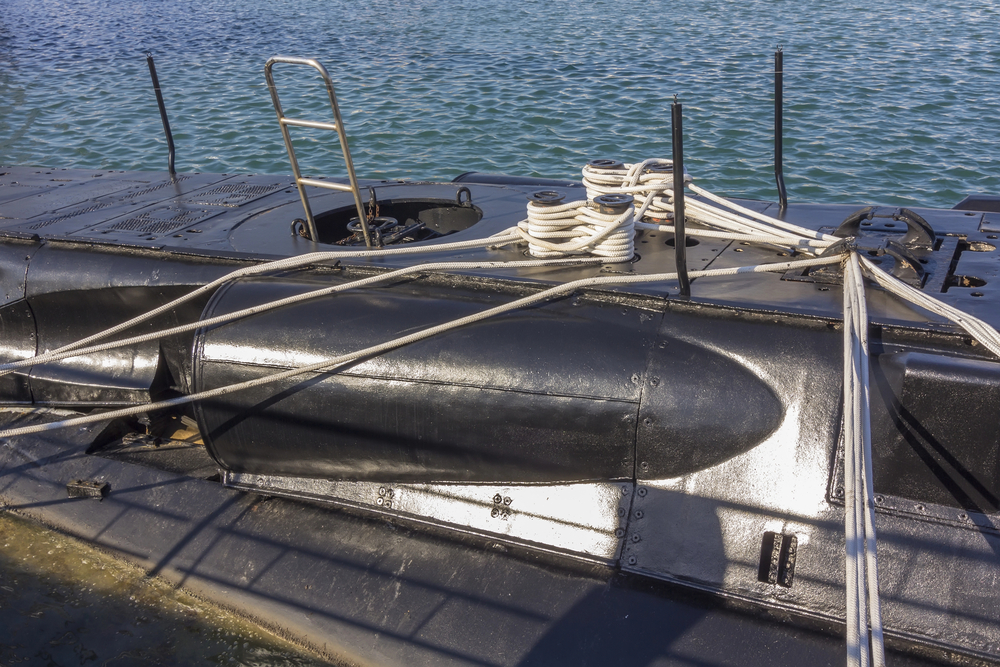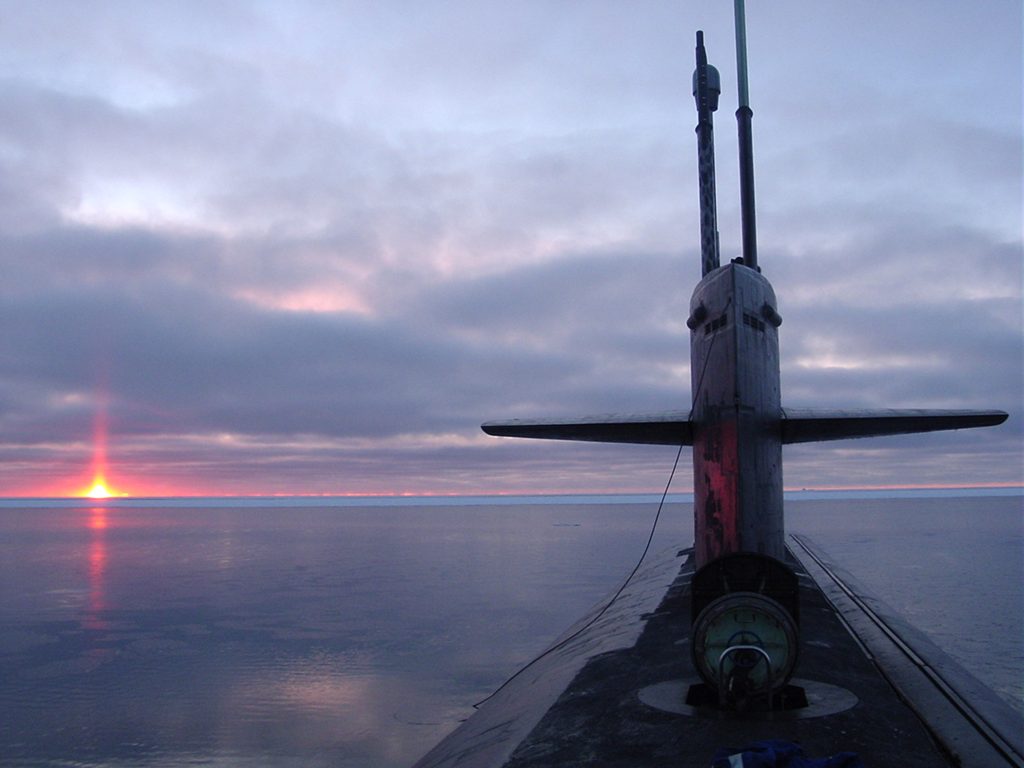
In an incident that underscores the inherent risks of undersea operations, two U.S. Navy submarines, the USS Kentucky (SSBN-737) and USS San Juan (SSN-751), experienced a collision during a classified training exercise off the coast of Long Island.

The event occurred at approximately 9:30 a.m. on March 19, 1998, and, while it resulted in no injuries and only minor damage, it has drawn considerable attention within naval circles and initiated a formal investigation.

The USS Kentucky, a ballistic missile submarine, and USS San Juan, a fast-attack Los Angeles-class submarine, were both actively participating in the exercise when the collision happened. Navy spokesman Lt. John Wallach disclosed that the collision occurred “during a classified exercise at least 125 miles offshore.” Both submarines, each carrying a crew of about 130 sailors. Both submarines returned to Groton under their power for further checks. The Navy will investigate to determine the cause.

In speaking of the rarity of such incidents, Lt. Wallach characterized the event as “extremely uncommon” and “a very, very rare occurrence.”

Initial reports indicate that both the USS Kentucky and USS San Juan sustained minor damage, with no harm to their nuclear systems—a point of particular relief given the potential severity of accidents involving nuclear-powered vessels.

Nevertheless, the Navy is not downplaying the incident and is committed to conducting a thorough investigation. Lt. Wallach assured that the Navy takes such incidents “extremely seriously” and emphasized the absence of any hazardous material release or damage to weapon systems or propulsion areas during the collision.

The investigation into the cause of the collision is unknown.

The Navy is tight-lipped on details, including whether the Trident submarine was armed at the time, but has reiterated the safety of the missiles, if they were on board. The fact that there was no damage to any weapon systems supports the Navy’s commitment to the safe handling of its strategic assets.

Occurrences of this nature are not isolated to the U.S. Navy.

In an excerpt from a 1998 presentation by Rear Admiral Alexei Ovcharenko of the Russian Navy, an incident was described wherein a U.S. submarine came dangerously close to Russian ballistic missile destruction exercises.

The spying incident, as reported by Newsweek, resulted in Russian warships chasing the offending vessel for several hours.
related images you might be interested.










